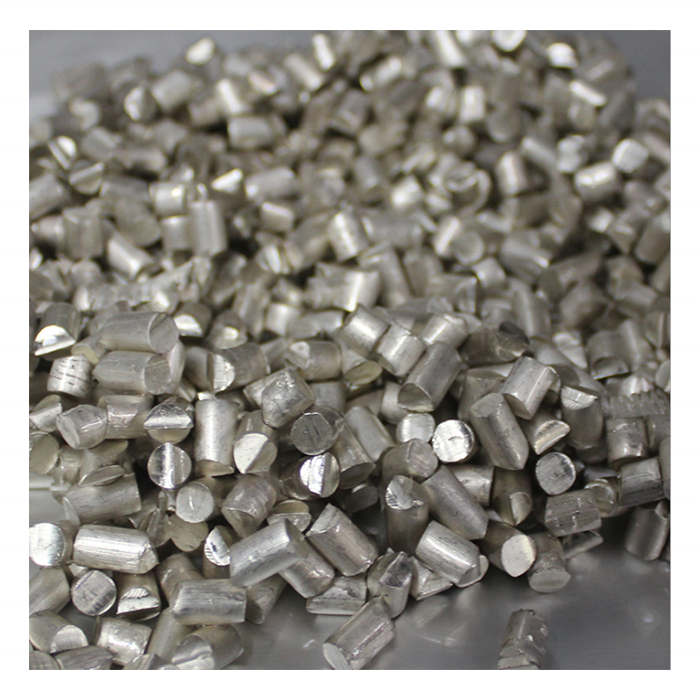Government Pushes Public-Private Partnerships to Boost Output
Chile, home to the world’s largest lithium reserves, remains optimistic about attracting investors for new mining licenses despite a worsening global glut. Mining Minister Aurora Williams expressed confidence that long-term demand for electric vehicles will drive interest in lithium projects, even as market oversupply grows.
New Opportunities for Lithium Mining
The government has launched a licensing process for untapped salt flats, clay, and geothermal lithium deposits, with applications open until January 31. These new areas were identified partly based on expressions of interest from potential bidders. Indigenous consultations are also underway to ensure inclusive development.
Chile plans to double lithium output over the next decade under a public-private model. While the state will take a controlling stake in strategic operations, private firms will lead non-strategic projects. Enami, a state mining company, is expected to receive a lithium operating license soon, positioning it to attract private partners. Additionally, Codelco is seeking a partner for the Maricunga lithium project.
Currently, Chile’s lithium production is dominated by SQM and Albemarle Corp., both operating from the Salar de Atacama. National output is projected to increase by 7% this year, reaching 305,000 metric tons, according to Cochilco.
Challenges Amid Oversupply
Despite the expansion efforts, the lithium market faces challenges. Cochilco forecasts an oversupply this year due to slowing Chinese demand and potential US tariffs. Prices, which have seen sharp declines, are expected to stabilize as investors adopt a long-term view of electric vehicle demand.
Copper Smelting and Sustainability Goals
Chile is also prioritizing modernization in copper smelting. Enami is advancing an environmental evaluation for upgrading its shuttered smelter, while Codelco is exploring private capital for a new smelting project. These initiatives align with global efforts to diversify supply chains and reduce reliance on Chinese processing capacity.
The government hopes to maintain the viability of Codelco’s three existing smelters, including the century-old Potrerillos plant, underscoring Chile’s commitment to sustainability and its strategic role in the battery supply chain.


